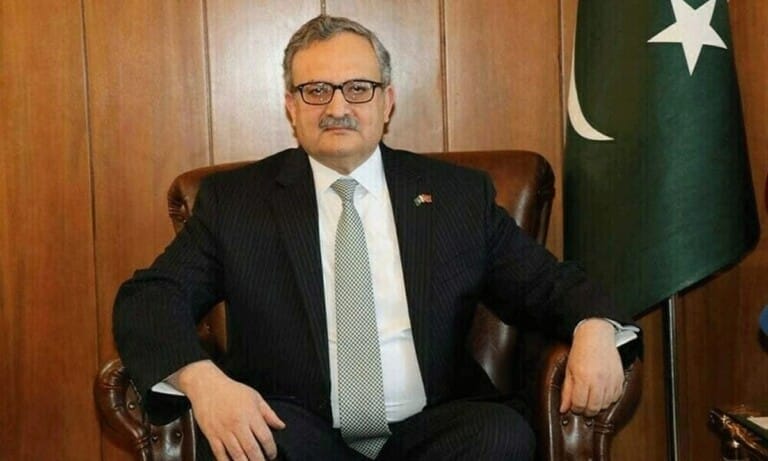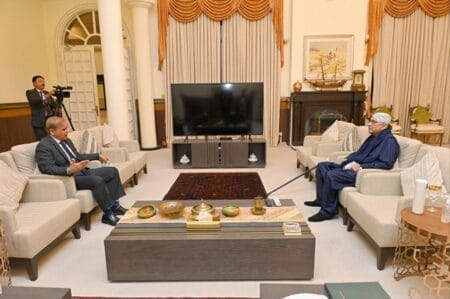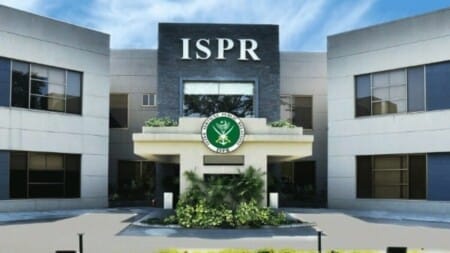In a significant diplomatic engagement, Foreign Secretary Muhammad Syrus Sajjad Qazi warmly welcomed Mongolia’s new envoy to Pakistan, Ambassador Tuvvshin Badral. The formal reception, steeped in the customary exchange of pleasantries and hopes for the future, marked the beginning of what seems to be a promising chapter in Pakistan-Mongolia relations. Congratulating Ambassador Badral on his new role, the Foreign Secretary expressed a robust desire to enrich the partnership between the two nations, aiming to bolster cooperation across various sectors of mutual benefit.
The cordial meeting underscores Pakistan’s strategic intent to enhance its diplomatic ties with Mongolia, a relationship that has historically been amicable yet underexplored. With Ambassador Badral at the helm, there is an air of anticipation that new avenues for collaboration will open up, capitalizing on both countries’ unique geopolitical positions and economic potential.
Read: Punjab Revitalizes 100+ Hospitals with Rs 96 Billion Boost
Pakistan has long been a proponent of regional connectivity and collaboration, serving as a conduit between South Asia and Central Asia. The country’s efforts to expand its diplomatic reach are aligned with its broader goals to foster economic growth and regional stability. The engagement with Mongolia is perceived as a stride towards diversifying Pakistan’s alliances beyond its traditional partnerships, thereby enriching its foreign policy repertoire.
Mongolia, landlocked yet resource-rich, stands to gain from Pakistan’s strategic location and established infrastructure, particularly in terms of access to maritime trade routes. This potential synergy is not lost on the two countries, which have expressed an eagerness to explore opportunities in sectors such as mining, energy, agriculture, and cultural exchanges. The enhancement of bilateral trade, supported by diplomatic goodwill, could set a precedent for a mutually beneficial economic relationship.
The collaboration could also extend to multilateral forums, where both Pakistan and Mongolia could present a united front on matters of shared interest. Such international cooperation is pivotal, especially in the face of evolving global challenges that require collective action and solidarity.
Ambassador Badral’s posting to Pakistan comes at a time when the world is grappling with the aftermath of a pandemic, economic upheaval, and pressing climate issues. In this context, the strengthening of diplomatic relations carries not only symbolic weight but also practical implications for how these two countries navigate the complex tapestry of global politics.
As both nations eye the future, the role of education, technology transfer, and people-to-people exchanges are likely to play a significant part in cementing this burgeoning relationship. By investing in these areas, Pakistan and Mongolia can build a solid foundation for long-term cooperation that extends beyond the confines of traditional diplomacy.
Pakistan’s affirmation to deepen its ties with Mongolia signals a commitment to exploring new frontiers of collaboration, driven by a vision that sees both countries as partners in progress on the Asian continent. Ambassador Badral’s tenure is anticipated with optimism, and the steps taken henceforth could very well dictate the depth and success of this partnership for years to come.
What’s your take on this? Let’s know about your thoughts in the comments below!












